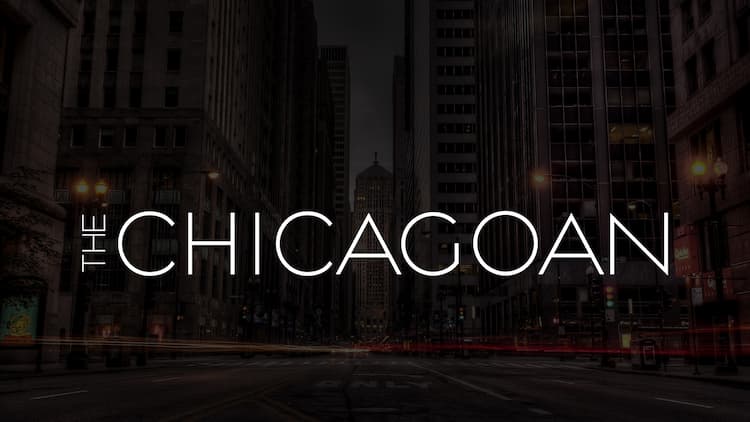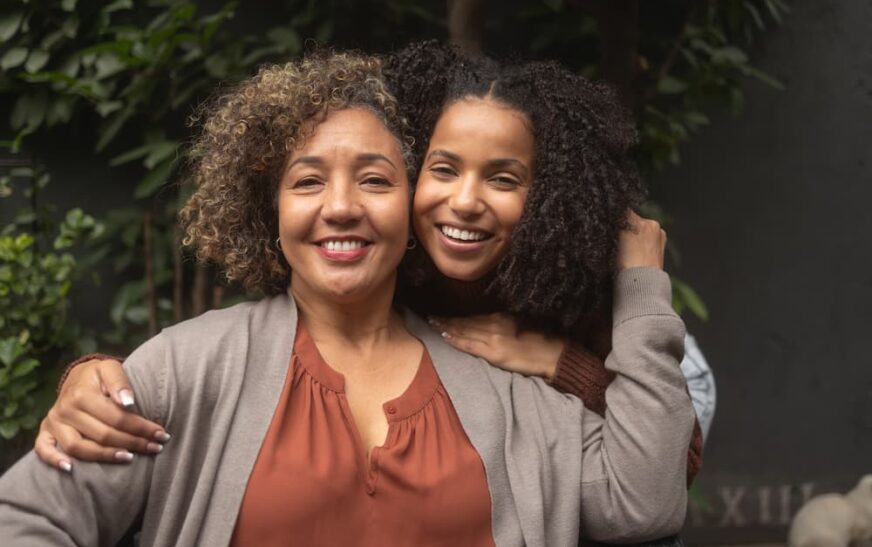On a summer morning in Texas, Maria waits in line at a courthouse with her two children. Her eldest, a high school senior, dreams of studying engineering. Her youngest clings to her hand, asking why mamá looks so nervous. Maria doesn’t have the words to explain that a single decision inside this building could determine whether her family stays together—or is torn apart.
This is what immigration reform looks like beyond the headlines: not abstractions of policy, but families negotiating the daily uncertainty of status, paperwork, and politics. For Latinas, who make up one of the largest groups navigating the system, immigration is not a debate on cable news—it is a question of survival, dignity, and the hope of a future secured for their children.

The United States has spent decades promising comprehensive immigration reform, yet progress remains elusive. Programs like DACA offered a lifeline for Dreamers, many of them Latinas who are now doctors, teachers, and entrepreneurs. But these protections are temporary, perpetually challenged in courts and legislatures. Pathways to citizenship remain narrow, wait times for visas stretch years—sometimes decades—and mixed-status families live with the constant fear that one knock on the door could change everything.
Meanwhile, Latina professionals who have built careers in law, medicine, and business still carry the scars of precarious beginnings. They speak of studying for exams with one eye on immigration deadlines, of missing opportunities because of limited work permits, of carrying the weight of family sponsorships while building their own lives.
The rhetoric of immigration is often framed in terms of “security” and “borders.” But for Latina families, the stakes are far more intimate. It’s the mother who works three jobs while waiting on a green card renewal. The teenager who, despite excelling in school, wonders if college is even possible without papers. The grandmother who has lived in the U.S. for thirty years but still fears deportation every time she leaves home.

Dreamers, many of them now in their thirties, embody both the promise and the pain. They have grown up American in every way but paperwork, building careers, paying taxes, raising families—yet they remain legally tethered to uncertainty. “We’re not asking for special treatment,” says Daniela, a Latina Dreamer working in healthcare. “We’re asking for stability. For the chance to plan our lives without fear that tomorrow it all unravels.”
Navigating the System
For families caught in this limbo, resources become lifelines. Legal aid organizations provide guidance through complex applications. Community advocacy groups organize “know your rights” workshops to prepare families for encounters with immigration enforcement. Scholarships exist specifically for undocumented students. And networks of Latina professionals have quietly built mentorship pipelines to help first-generation women navigate careers while balancing family immigration struggles.
Yet access to these resources often depends on geography, language, and community ties. Too many families remain in the shadows, unaware of the protections and opportunities available to them. The digital divide compounds the challenge: vital information is often online, yet those who need it most may lack internet access or digital literacy.

Immigration reform is not just about numbers on a ledger—it is about children who want to learn without fear, parents who want to work without exploitation, professionals who want to contribute their skills without the threat of removal. For Latina families, reform would mean stability, opportunity, and the ability to dream without a deadline attached.
Every generation of Latinas has carried this struggle: the abuela who crossed a border decades ago, the mother who builds a life on temporary permits, the daughter who rises to professional heights while carrying family petitions on her back. Their resilience has always been the foundation of communities. But resilience is not enough. Policy must catch up with reality.
Until it does, every debate in Congress, every court ruling, every election carries weight far heavier than politics. For Latina families, it carries the weight of home, of family unity, of belonging. And for the nation, it carries the opportunity to finally recognize that immigration reform is not charity—it is justice, and it is overdue.











